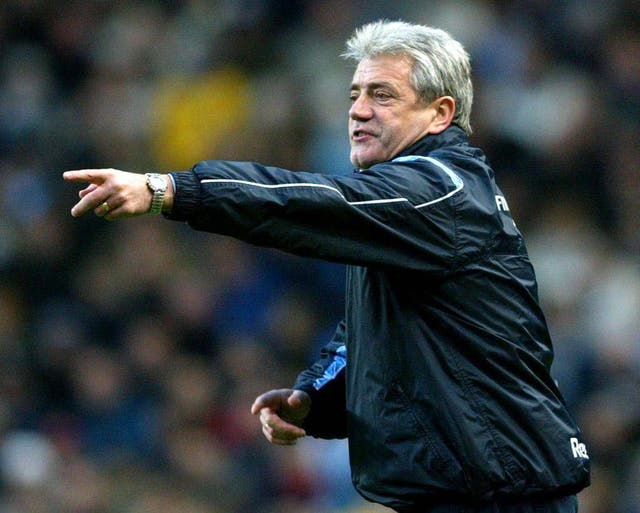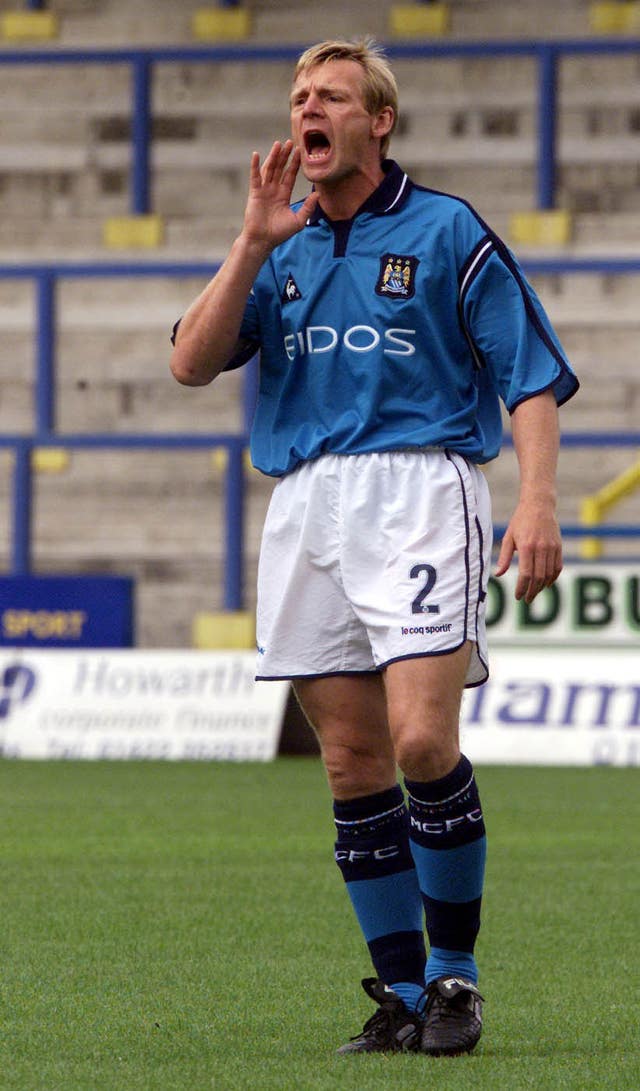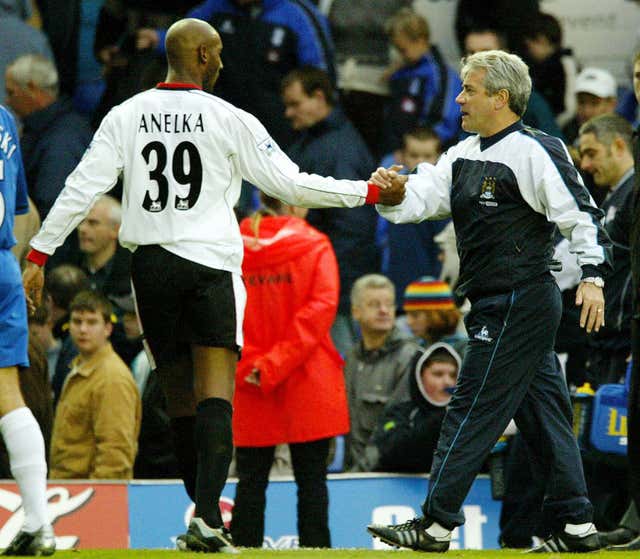Kevin Keegan was appointed as Manchester City boss 19 years ago on May 24, returning to club management after his rollercoaster ride as England manager.
Here the PA news agency looks at his arrival at the club and what came next.
Royle heir

City had just been relegated from the Premier League under Joe Royle's management and he was swiftly dismissed despite prior suggestions that chairman David Bernstein would keep faith. A high-profile, high-quality replacement was mooted and, once the likes of David Bassett and Howard Wilkinson were ruled out, it emerged that the 50-year-old Keegan was the chosen man. Persuaded to sign up by close friend Dennis Tueart, Keegan was handed the security of a five-year deal.
Burned out or burning bright?
The manner of Keegan's departure as England boss the previous October suggested he was struggling with the pressure of life at the top. Visibly drained and uncomfortably happy to admit he did not feel up to the task of leading the Three Lions anymore, he seemed refreshed by his spell away from the spotlight. At his unveiling he declared: "The six months out have done me good. When you are involved everyday you can lose focus but I have got a nice clear picture." That picture included his characterisation of City as "truly a sleeping giant."
Instant success

Despite demotion, Keegan was able to sign up the likes of Stuart Pearce, Eyal Berkovic and Ali Benarbia – the latter pair making a particular contribution to a flowing, attacking style. The blend worked well from the off, with City storming to the title with 99 points and 108 goals. Darren Huckerby and Shaun Goater provided the firepower up front, bringing the club and its manager back to the top flight at the first time of asking.
Good times return

The statement signing of Nicolas Anelka, £13million from Paris St Germain, trumpeted City's intentions and the 2002/03 season was a happy one. The team finished ninth in the Premier League, defeated rivals Manchester United 3-1 at Maine Road before nicking a late draw at Old Trafford and Anelka notched 14 goals to underline his own class and the sound judgement of those who brought him in.
What came next
The next season was a comedown, with a 16th-placed finish. Things picked up a little in 2004/05 but it was the end of the line. Keegan's departure by mutual consent was announced in March, along with his retirement from football. The latter would only stick until 2008, when he was tempted back for a second stint at Newcastle.







